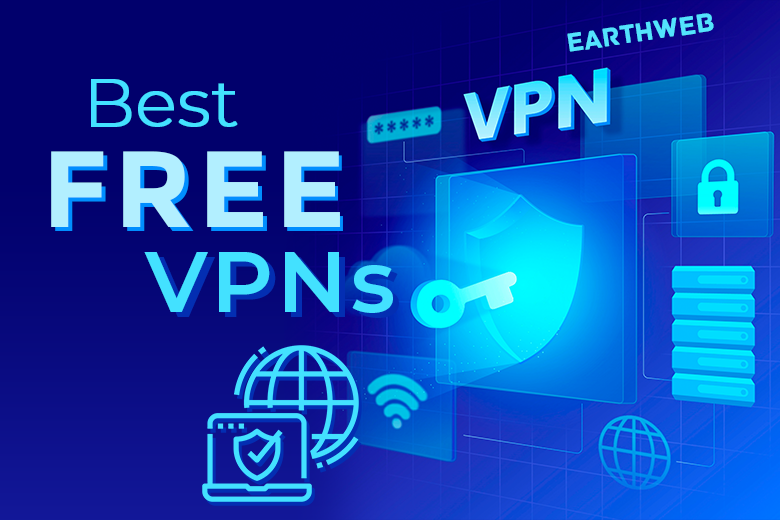In today’s networked environment, remote job is more widespread than ever. As firms embrace remote workers’ flexibility and cost-effectiveness, secure access to company resources becomes increasingly crucial. A Business Virtual Private Network (VPN) can help in this situation. In this blog article, we’ll look at how a Business VPN may give your employees safe remote access while also protecting sensitive data and enhancing productivity.
A Business VPN is a private network that employs encryption to offer a secure connection between remote devices and a firm’s internal network. It functions as a secure tunnel via which data may be safely sent while being safeguarded from potential threats. Using a Business VPN, your employees may access business resources and engage effectively regardless of their physical location.
Improved Data Security
One of the primary reasons businesses use VPNs is to improve data security. A Business VPN encrypts all data transmitted between remote devices and the company’s network. This encryption safeguards sensitive data from unauthorized access by hackers or eavesdroppers. End-to-end encryption ensures that even if data is intercepted, it remains indecipherable and useless to anybody with the encryption key.
Secure Access to Company Resources
A Business VPN enables your team members to securely access company resources such as internal websites, shared files, or databases from anywhere on the planet. By connecting to the company’s network through VPN, remote employees can have the same level of access as if they were physically present in the office. This ease of access to resources increases productivity and enables effective communication among team members regardless of their physical location.
Protection for Public Wi-Fi Networks
Remote workers regularly rely on public Wi-Fi networks when working from cafés, airports, or other public locations. These networks, however, are notorious for having security weaknesses. Your employees may connect to the internet over secure channels with a Business VPN, even while utilizing hazardous public Wi-Fi networks. The VPN shields their vital information, such as login credentials or corporate data, from potential threats lurking on these networks, providing peace of mind and safeguarding the integrity of their organization.
Geographical Flexibility
A Business VPN allows businesses to have a global presence without being confined by physical limits. Companies can set up VPN servers in many locations, allowing remote employees to connect to the server nearest to them. This improves network performance and provides team members with local resources and services. Furthermore, a VPN can help employees avoid geolocation restrictions, allowing them to avoid censorship or access region-specific content essential for their professions.
Monitoring and Control
A Business VPN typically has advanced administration and monitoring features. Administrators may monitor and control access to company resources, ensuring that security policies are implemented. Setting up role-based access and requiring multi-factor authentication adds an extra layer of security. VPNs also have advanced monitoring and reporting capabilities, allowing administrators to monitor network traffic and identify suspicious conduct as soon as feasible.
Conclusion
As remote work continues to reshape the modern business environment, ensuring secure access to company resources becomes increasingly important. A Business VPN provides encryption and security capabilities to protect sensitive data from prospective intruders. A Business VPN promotes productivity and collaboration by providing secure remote access and allows businesses to tap into the global talent pool. As you embrace remote work, consider using a Business VPN to safeguard your team’s connections and to build a secure and efficient workflow.







